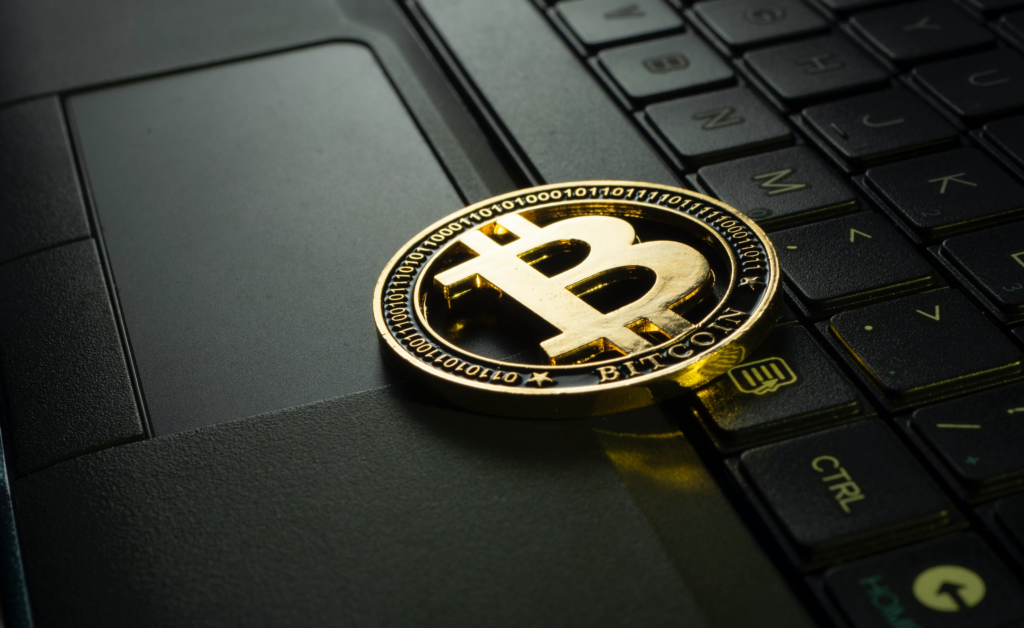Crypto Evangelists Want to Make You a Believer. Here’s How to Decide.

There are good reasons to be skeptical about cryptocurrency. For one, it’s debatable whether “currency” is even accurate. And in fact, consensus seems to be leaning more towards calling it a financial “security,” or more generally a “digital asset.” But it depends on who you ask, and probably on how you define “money.” None of which is as simple as it seems.
In reality, crypto is a “currency” much like a postage stamp is “currency.” You can use cash to buy stamps and then use those stamps to send packages. Thus, stamps do have real value. They can be used to do real work.
And the parallels don’t end there. Using that stamp gives you access to a network. In fact, to send a package, you must use their stamps. Stamps are both currency and your ticket to join the network. The stamp is your login to the postal network, so that you can send a package to wherever you choose. Meanwhile, to receive a package, you don’t even need a stamp — all you need is a valid address.
This whole postal network, with stamps and addresses, is one of the better analogies I’ve heard for understanding blockchain, with its cryptocurrencies and wallets, respectively. It’s an image that has continued to guide me as I’ve wrestled to understand what is an otherwise baffling new system of digital transactions.
One would think that crypto evangelists, for all their religious fervor, would make crypto and blockchain easier for us neophytes to understand, but they haven’t. Take any sort of deep dive into the world of cryptocurrency, and the jargon alone is enough to make your head spin: blockchain, protocol, DAOs, tokens, non-fungible, permissionless, trustless, smart contracts, distributed ledger, decentralized, gas fees, proof of stake, fiat currency. Any one of these words by itself seems understandable. Except “fungible.” No one understands what “fungible” means. But taken together, this host of words not only boggles the mind, but each word seems to get redefined in the world of crypto.
Fortunately, you don’t need to know all the crypto-jargon to evaluate it. Keep that picture of stamps and the postal network in your mind’s eye, and it will help steer you right as you determine the value of crypto. You’ll also need a scorecard. You’ll need to decide what crypto is for, and how well it achieves that goal. For Christians, let me suggest a couple goals to score it against.
Read the rest at FaithTech Institute.